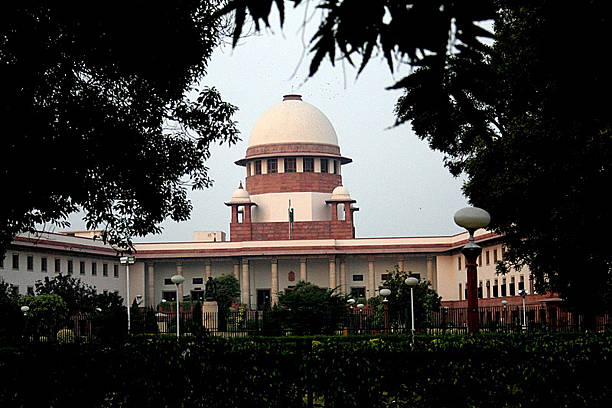The Supreme Court of India has agreed to examine the validity of the age restriction of 35 years on women’s reproductive rights for conducting pre-conception and pre-natal diagnostic tests.
A bench of Justices Sanjay Kishan Kaul and Abhay S. Oka on October 17 issued a notice to the Centre and others on the aspects relating to age restriction only. “Issue notice restricted to the aforesaid aspect,” the court had said.
The court was hearing a plea filed by petitioner-in-person Meera Karuna Patel, who is also an advocate.
Advocate Patel submitted that much water has flown since the petition was filed and amendments have been made, but one aspect still needs consideration.
She cited Section 4(3)(i) of the Pre-Conception and Pre-Natal Diagnostic Techniques (Prohibition of Sex Selection) Act, 1994 to argue that the age restriction of 35 years is a restriction on women’s reproductive rights and, in light of the recent decision of this Court titled “X vs. Principal Secretary, Health and Family Welfare Department, Govt. of NCT of Delhi and Others,” the provision would not withstand judicial scrutiny.
Section 4 of the Pre-Conception and Pre-Natal Diagnostic Techniques (Prohibition of Sex Selection) Act, 1994 deals with the regulation of pre-natal diagnostic techniques.
According to this section, no prenatal diagnostic techniques shall be used or conducted unless the person qualified to do so conditions that the age of the pregnant woman is above thirty-five years. In September, the Supreme Court gave a landmark judgment and held that all women are entitled to a safe and legal abortion. The court also stated that the definition of rape for the Medical Termination of Pregnancy Act must include marital rape.

















